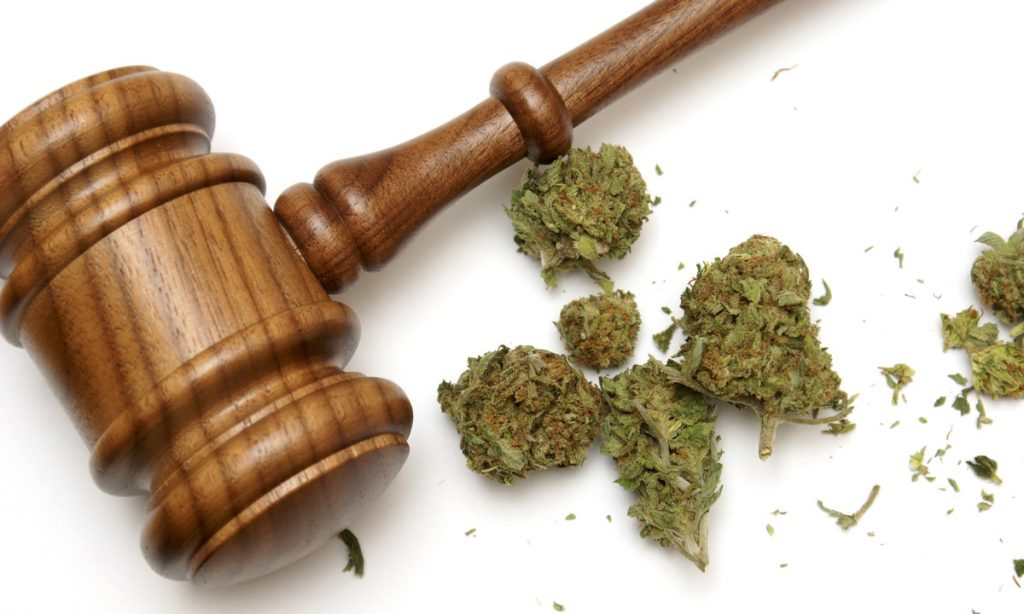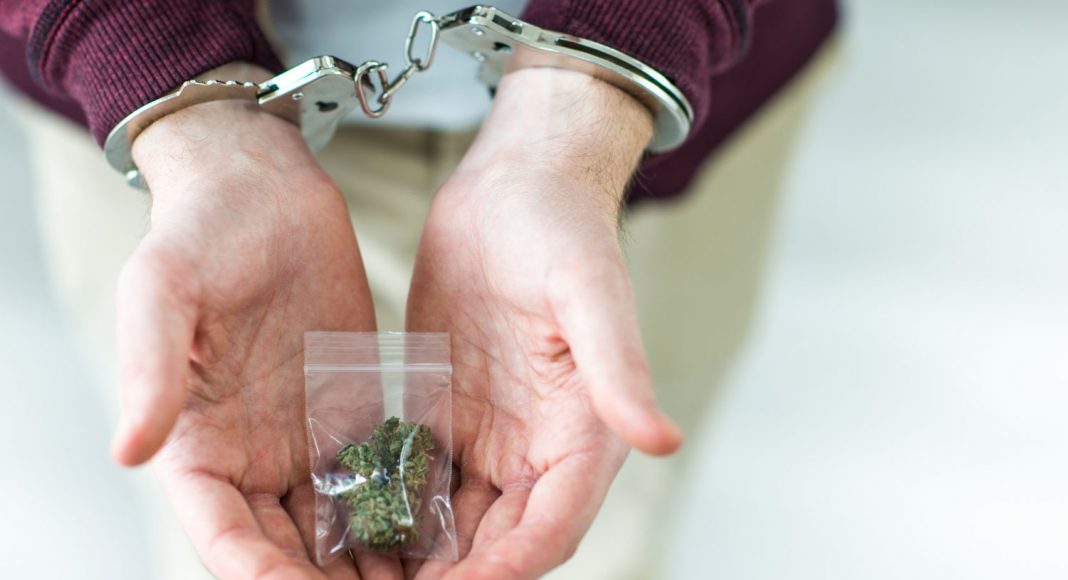How does one go about getting his or her minor marijuana conviction erased from their permanent record? Here are the basic details.
When Illinois legalized marijuana for recreational use, not only did the language of the law give adults 21 and over the freedom to buy the herb from retail outlets just as they have done for decades with beer, it also provided those people with pot-related convictions the opportunity to have their records wiped clean.
The Cannabis Regulation and Tax Act include a provision that gives people with low-level convictions for marijuana possession the right to petition the court to have their records expunged. It’s all part of the state’s reparations package designed to make up for years of marijuana prohibition. But who qualifies for expungement? More than that, how does one go about getting his or her minor marijuana conviction erased from their permanent record?
RELATED: Illinois To Become The 11th State To Legalize Recreational Marijuana
Here are the basic details:
Who Qualifies for Expungement?
Expungement is an exciting process, as it gives people with certain types of convictions the right to have their criminal records destroyed or returned to them and banned from public record. In the case of Illinois, the law now allows those who were convicted of possession of between 30 and 500 grams of marijuana this right. The provision even includes convictions for manufacturing and intent to deliver. As long as there was no violence associated with the offense, cannabis convicts can ask the court for clemency. Some of the latest data shows that Illinois could end up clearing the records of around 800,000 pot offenders as a result of this portion of the law.

How To Get Your Record Expunged
If a person believes they qualify for expungement, they will first need to file a petition with the circuit clerk in the county where the arrest happened and the charges were filed. So if you live in Wabash County but got busted for marijuana possession in Cook County, the petition will need to be filed with the Cook County Circuit Clerk. And let’s say you were one of those unlucky folks that have been convicted of petty pot charges in multiple counties. Well, a petition will need to be filed for each. As with anything involving the courts, petitioners must pay a small filing fee. It would be necessary to pay this fee for each county where a petition was filed. In some cases, however, if the petitioner’s income falls below the federal poverty line, the cost can be waived.
RELATED: Los Angeles To Expunge 50,000 Marijuana Convictions Using Algorithms
Petitioners will need to fill out and submit a “Request to Expunge & Impound And/Or Seal Criminal Records” document along with the filing fee to get the ball rolling. Illinois Legal Aid provides an online program to help petitioners prepare the necessary documents. In some instances, these documents can be e-filed. Some courts, however, require expungement cases to be filed in person.
From there, the clerk will make either the State’s Attorney or the prosecutor in the case aware that a petition for expungement has been filed. The law enforcement agency responsible for the arrest will also be notified. Although these officials have the right to object to a petition to expunge, it is unlikely in the case of minor marijuana possession that there would be any push back. Not since the state is motivated to clear these records as part of its reparations program. But if a person’s marijuana crime also involves a weapons charge, we wouldn’t be surprised to see an objection. Any protest to an expungement petition would need to be filed within 60 days of the clerk’s notice.
The petitioner will then have to appear before a judge. As long as there are no objections, the court will likely grant the petition. But if a police agency does contest the petition, the judge would take those complaints into account before making a decision. Either way, it is entirely up to the judge’s discretion whether or not a petition is granted. Sometimes a request can be denied even when there is no question of eligibility. But again, the state wants to clear pot convictions. Any person who feels like their case might be contested for whatever reason should give serious consideration to hiring an attorney. They’ll give the petitioner a better chance in court.


